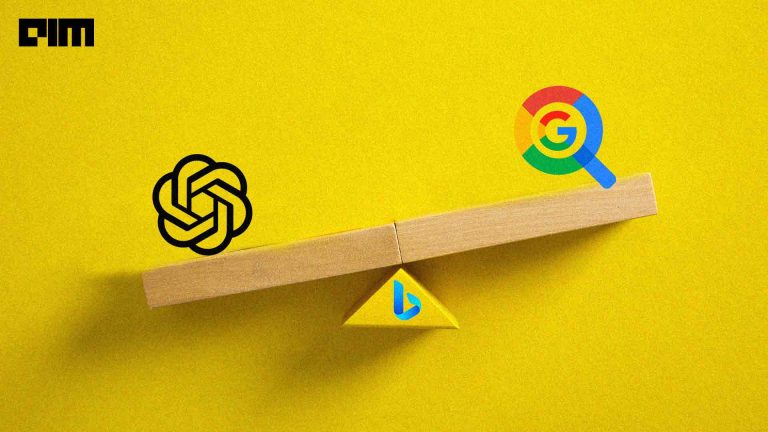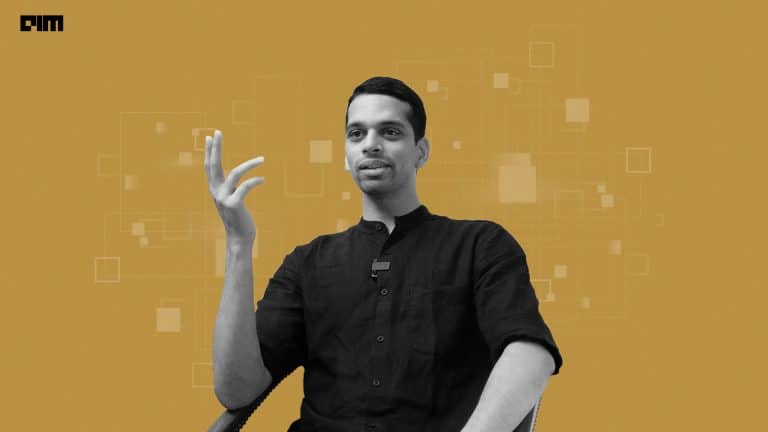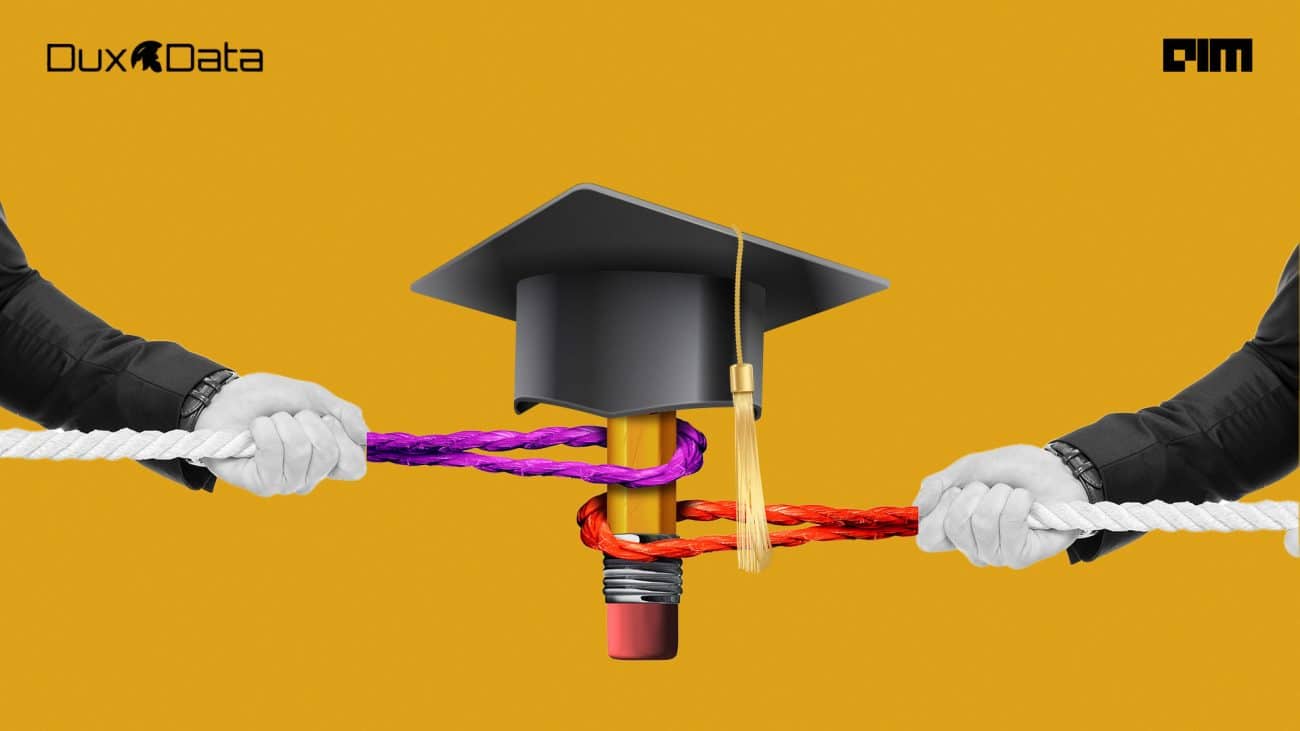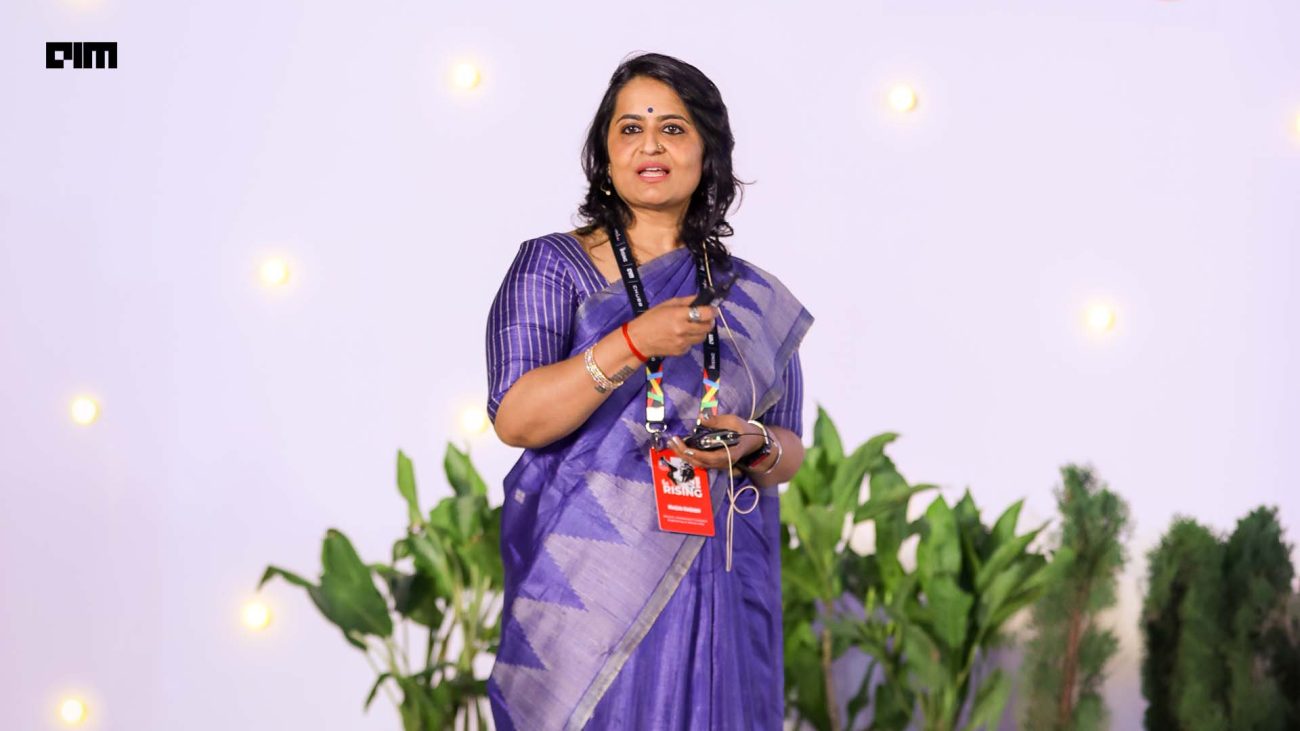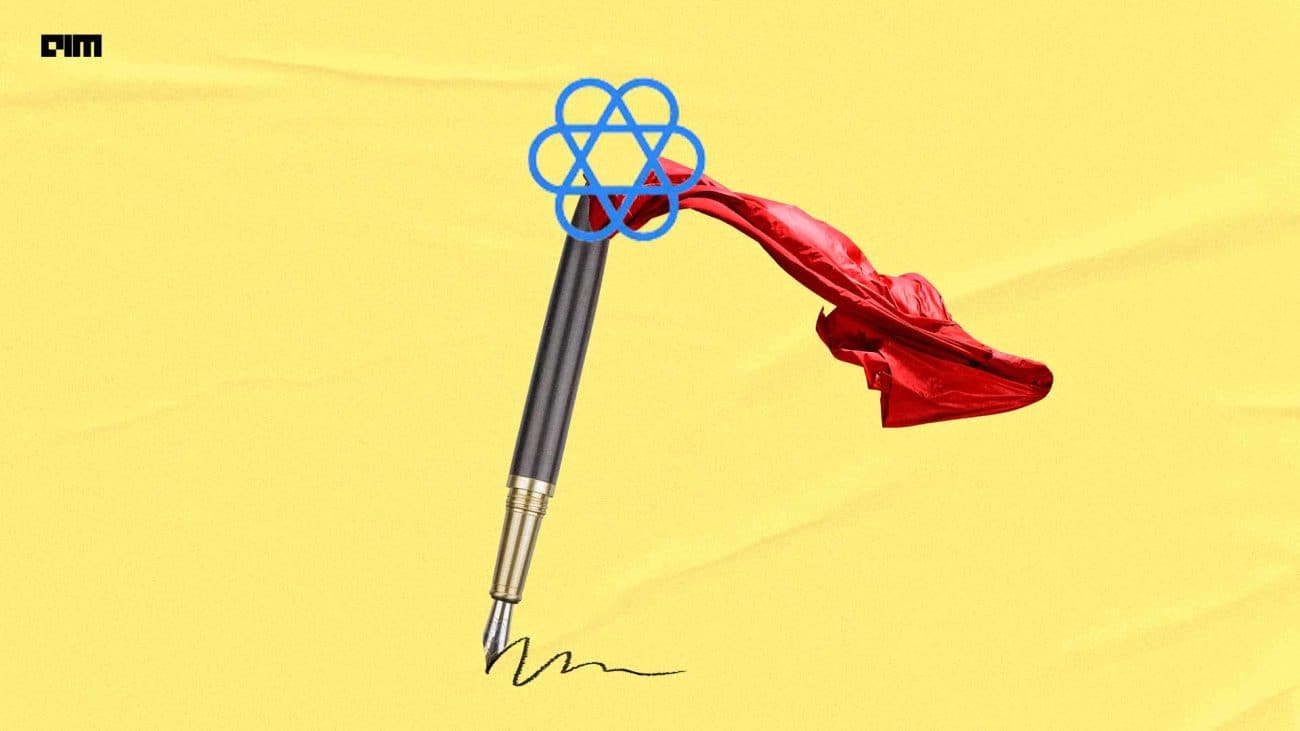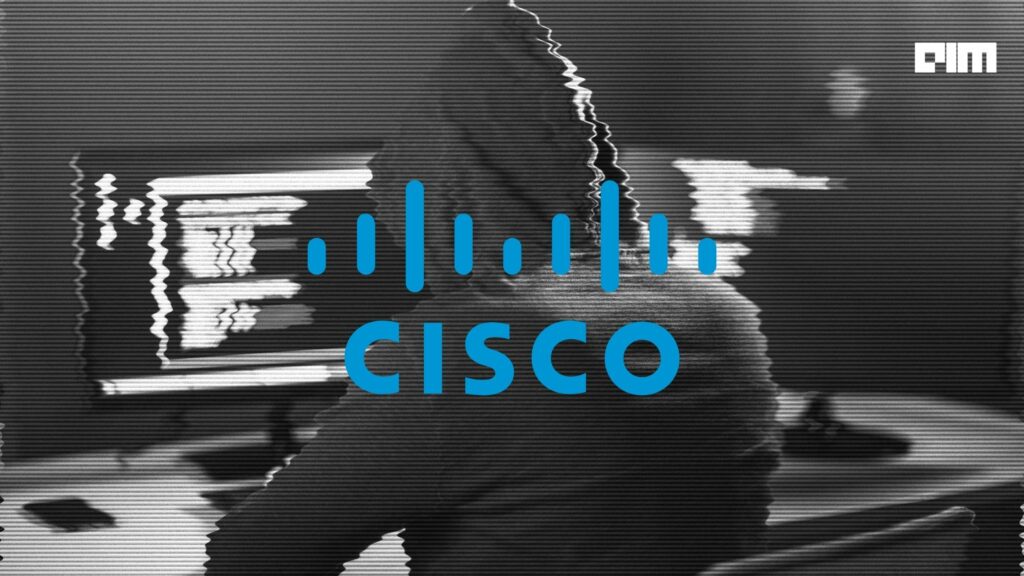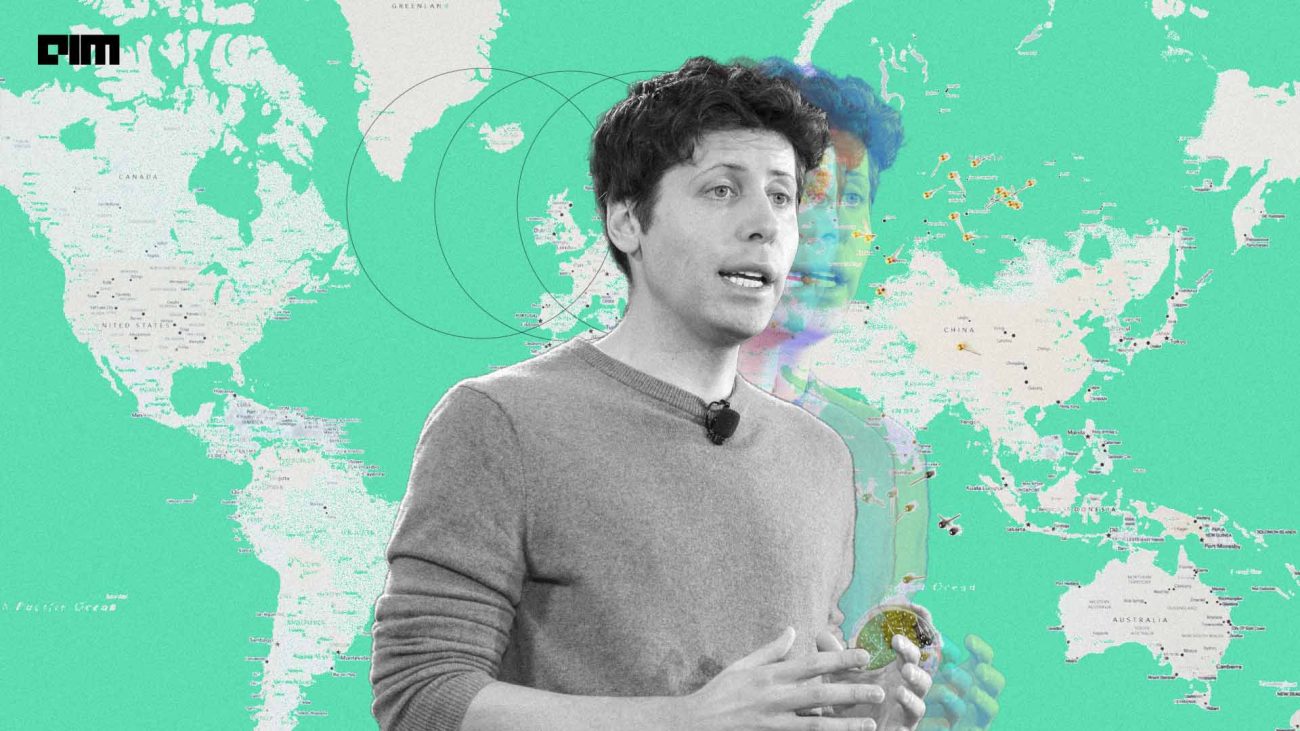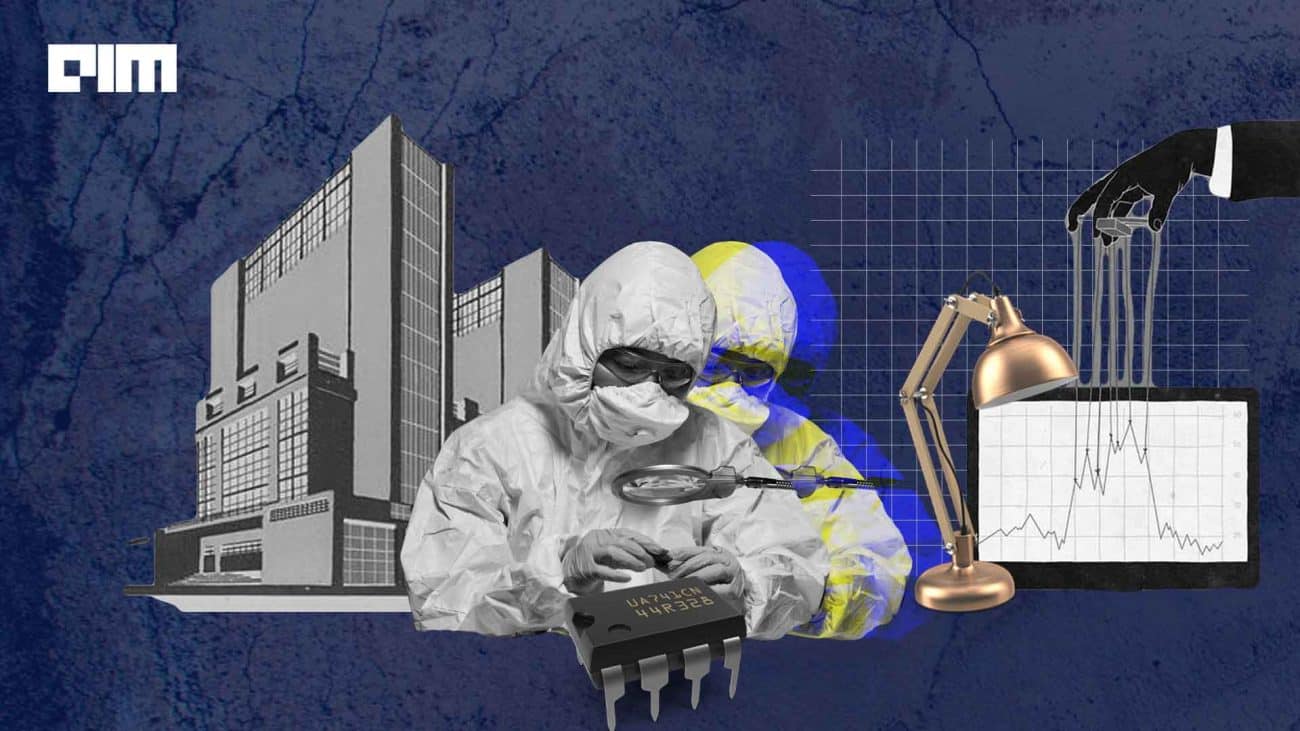Google Brain had recently launched the TensorFlow Developer Certificate program which would enable machine learning (ML) enthusiasts to demonstrate their skills in using TensorFlow to solve deep learning and ML problems. According to the blog post, the goal of this certificate is to provide them with the opportunity to showcase their expertise in ML in an increasingly AI-driven job market.
TensorFlow is one of the popular open-source libraries in ML which provides a suitable abode with essential tools for ML researchers and developers to perform SOTA ML applications. The developers at Google Brain claim that this is intended as a foundational certificate for students, developers, and data scientists who want to demonstrate practical ML skills through building and training of models using TensorFlow.
Currently, this is a level one certificate exam which tests a developer’s foundational knowledge of integrating ML into tools and applications. The program consists of an assessment exam developed by the TensorFlow team. Developers who pass the exam can join the Certificate Network, and display their certificate and badges on their resume, and platforms like GitHub and LinkedIn, among others.
To crack the assessment examination, there are certain requirements that need to be followed by students and developers. These are mentioned below:-
1| Foundational Principles Of ML & Deep Learning
The certificate program requires a clear understanding of building TensorFlow models using Computer Vision techniques, Convolutional Neural Networks (CNN), Natural Language Processing (NLP), among others. Having a clear understanding of how to use TensorFlow 2.0 is another prerequisite.
2| Build & Train Neural Network Models Using TensorFlow 2.0
Participants need to have a good grasp of ML and deep learning models using the latest TensorFlow 2.0 version. For this, you will need to know how to use TensorFlow 2.0, build, compile and train ML models using TensorFlow, preprocess data to get it ready for use in a model, and use models to predict results.
You will need to build and train models with multiple layers for binary classification and multi-class categorization, understand how to use callbacks to trigger the end of training cycles, datasets from different sources and formats. You must also know how to identify strategies to prevent overfitting, including augmentation and dropout, plot loss and accuracy of a trained model, extract features from pre-trained models, as well as ensure that the inputs are in correct shape, and you can match test data to the input shape of a neural network.
3| Knowledge Of Image Classification
The third requirement is knowledge on how to build image recognition and object detection models with deep neural networks and convolutional neural networks using TensorFlow 2.0.
For this, you will need to understand CNNs with Conv2D and pooling layers, and how to use convolutions to improve your neural network. You will also need to know image augmentation to prevent overfitting, and ImageDataGenerator and how it labels images based on the directory structure. In addition to this, you also need to know how to build and train models to process real-world image datasets.
4| Knowledge Of Natural Language Processing (NLP)
Participants need to understand how to use neural networks to solve NLP problems using TensorFlow. For this, you will need to know how to build NLP models using TensorFlow, build models that identify the category of a piece of text using binary and multi-class categorization, use word embeddings and LSTM in the TensorFlow model, use RNNS, LSTMs, GRUs and CNNs to work with text, as well as train LSTMs on existing text to generate text.
5| Knowledge of Time Series, Sequences and Predictions
This is the last requirement for participants to crack the assessment examination. You will need to have a clear understanding of how to solve time series and forecasting problems in TensorFlow. This includes training, tuning to solve time series and forecasting problems in TensorFlow, knowledge of Mean Average Error (MAE) and how it can be used to evaluate the accuracy of sequence models. Other prerequisites include how to use RNNs and CNNs for time series, sequence and forecasting models, identifying when to use trailing versus centered windows, identifying and compensating for sequence bias, adjusting the learning rate dynamically in time series, sequence and prediction models, as well as using TensorFlow for forecasting.
Wrapping Up
The duration of the exam is five hours, with a fee of $100. During the exam, there will be five categories and students will complete five models, one from each category. The categories include a basic ML model, model from learning dataset, CNN with real-world image dataset, NLP Text Classification with real-world text dataset, and Sequence Model with the real-world numeric dataset. One can participate in this examination with a system which supports the PyCharm IDE requirements.







